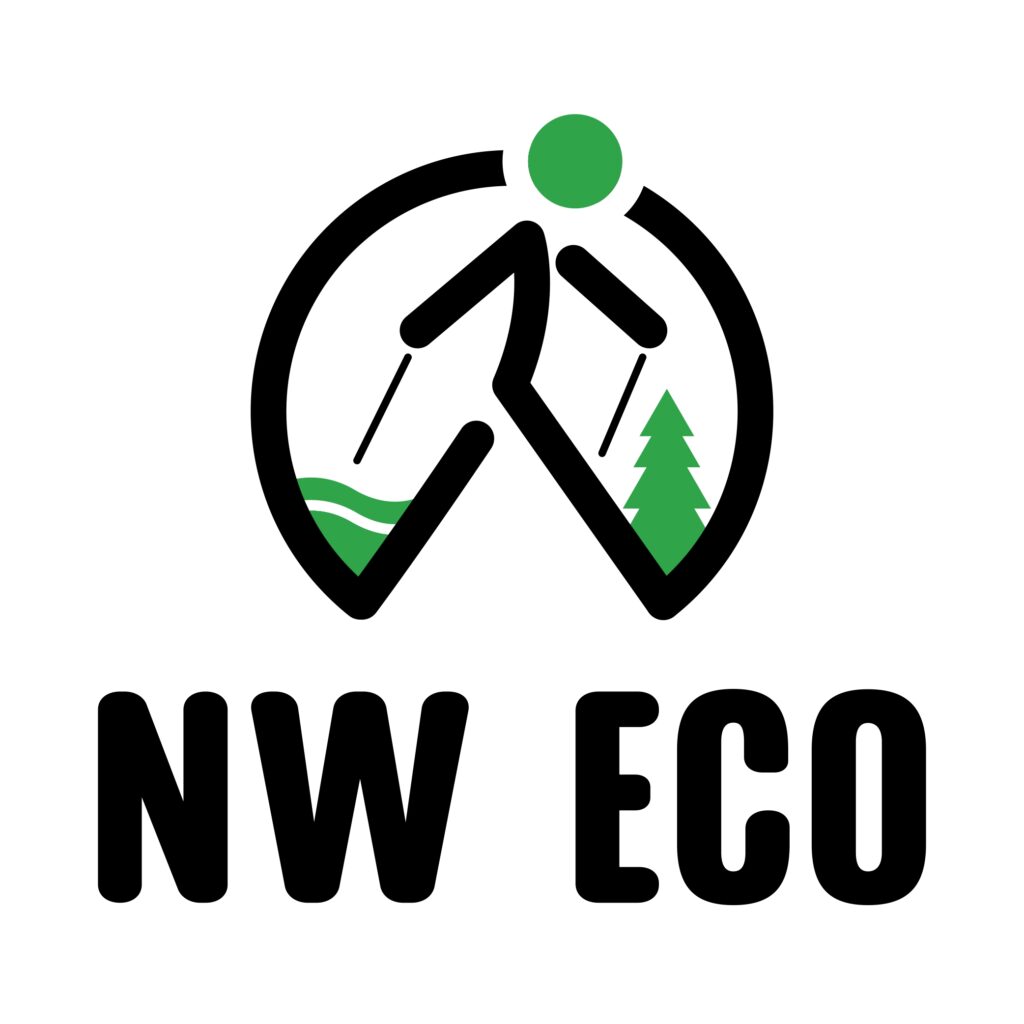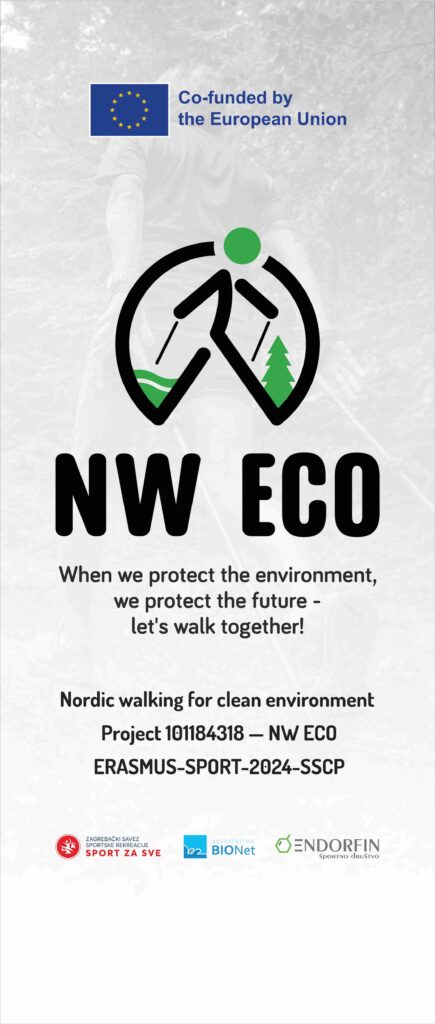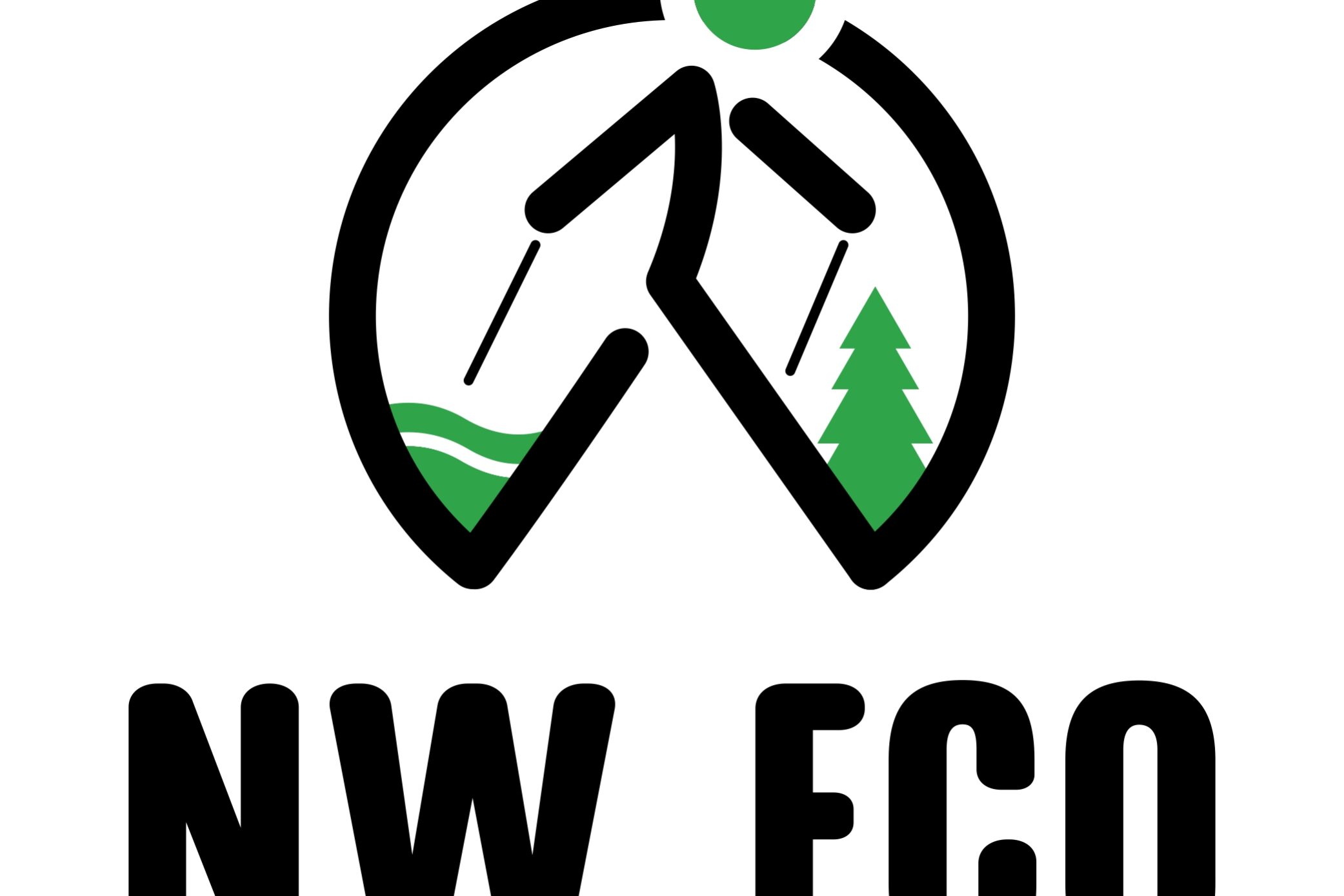
CONSORTIUM
-
- ZAGREBACKI SAVEZ SPORTSKE REKREACIJE SPORT ZA SVE (ZSSR), ZAGREB, Croatia,
- ASOTSIATSIA BIOMREZHA (BIONET), KRIVINI, Bulgaria,
- SPORTNO DRUSTVO ENDORFIN (ENDORFIN), AJDOVSCINA, Slovenia,
PROJECT DURATION
18 MONTHS, 01.01.2025. until 30.06.2026..
PROJECT OBJECTIVES
Project “Nordic walking for clean environment (NW ECO)” is an innovative sport project, which combines sport and fight against the climate change. Project also promotes learning mobility of sport staff, as well as cooperation, quality, inclusion, creativity and innovation at the level of sport organisations and sport policies.
The NW ECO project targets managers, staff, sport trainers and volunteers of non-profit community sport clubs and supports skills development and mobility of these target groups, therefore addressing the topic itself.
GENERAL OBJECTIVES
The general objective of Nordic walking for clean environment (NW ECO) project is increasing capacity of non-profit community sport clubs from project partner countries for organizing Nordic walking cleaning activities for their members in order to address clubs financial and organizational sustainability as well as their impact on environmental sustainability.
_______________________________________________________________________________________________________________________________________________________________________________________________
SPECIFIC OBJECTIVES
-
- Raising awareness regarding importance of community sport clubs in project partner countries as the main pillars of sport system
- Strengthening capacity of managers, staff and volunteers of non-profit community sport clubs on for organizing Nordic walking cleaning activities for their members in order to address clubs financial and organizational sustainability as well as their impact on environmental sustainability
- To raise awareness regarding benefits of participation in NW ECO recreational activities for children, youth and their family members in terms of health-enhancing, social inclusion and fight against climate change
- Creating network of main stakeholders, national and local sport organizations, NGO’s, local government to exchange examples of good practice regarding the importance of community sport clubs, health enhancing physical activity and fight against the climate change.
Professional experts from the project partner countries (Croatia, Bulgaria and Slovenia) will develop a handbook for implementing NW ECO activities for community sport clubs.
The NW ECO Programme will consist of detailed description of Nordic walking ECO methodology:
-
- Nordic walking (NW) techniques
- organization of various ecological programmes within Nordic walking activities
- adaptation of NW programme for all age groups
- organizing activities for all, including people with disabilities
- major environmental issues and how each person can contribute to reducing climate changes
- safety inputs to be implemented while organizing cleaning activities
- digital transition and green skills (incorporating the use of digital tools and learning
methods to complement their physical activities, to improve the cooperation between
partner organisations, and to improve the quality of the activities; fundamental skills to the
transition to a low-carbon economy) - best practices in organizing eco-friendly recreational activities of community sport clubs in
project partner countries, with focus on Nordic walking. - Organized “NW ECO” events will facilitate Nordic walking and cleaning activities. Partners
are going to organize these events in all partner countries during period of 10 months, at
least once per month, for target groups, and the events will be held in public areas as parks,
open areas in nature and other free public sport facilities to include all participants
regardless of their socio-economic status. The project promotes popularization of grassroots
sports and physical activities for participant of all ages, social inclusion, intergenerational
solidarity and fight against climate change.


Funded by the European Union. Views and opinions expressed are however those of the author(s) only and do not necessarily reflect those of the European Union or the European Education and Culture Executive Agency (EACEA). Neither the European Union nor EACEA can be held responsible for them.


